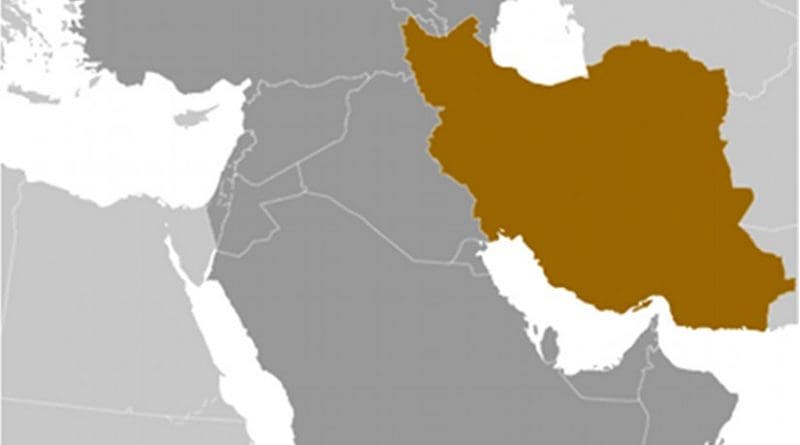Iran Green Council Warns Of Fraud Cover-Up
By GVF
The Coordination Council of the Green Path of hope has accused Iran’s ruling elite of attempting to cover-up the recently publicised embezzlement scandals, believed to be the greatest financial scam in the country.
In a statement addressing the Iranian people, the Council said that the $2.6 billion embezzlement scandal was yet another chapter in the government’s long list of “financial and political corruption” cases.
“The embezzlement involving [$2.6 billion], unprecedented in Iranian history, has been perpetrated in an administration that the authorities have presented and continue to present to the people of Iran as the cleanest government in history,” the Coordination Council said in its first official reaction to the most recent corruption case gripping Iran for the past few months.
The Council is considered to be the opposition Green Movement’s highest decision-making body whose role has become more apparent following the house of opposition leaders Mir Hossein Mousavi and Mahdi Karroubi in February 2011. In mid-February, the two leaders called for a new round of protests in solidarity with the pro-democracy revolts of the Arab World. Since then, the two reformist figures and their spouses have been held under an illegal house arrest while being denied a fair trial. Many see their continued captivity and maltreatment as inconsistent not only with human rights provisions but also with Iran’s own constitution.
“Had this great and unparalleled corruption [case] occurred in any country with the minimum degree of lawfulness, democracy and accountability, it would be enough to force the government to either resign or to be impeached under the pressure and protest of public opinion as well as democratic institutions and bodies.”
The statement by the council predicted that the recently made public fraud charges would not be the “last or the greatest” case of plundering public funds, while noting that this was all unfolding in a country where obtaining a loan of less than $2,000 “for the most basic life issues” required going through many difficult bureaucratic hurdles.
The statement also cited a global corruption index published by Transparency International that saw Iran fall into the bottom 15, ranking it one of the world’s most crookedly run countries in 2009. According to group’s annual Corruption Perception Index, Iran had fallen to 168th on the list of 180 countries, next to countries such as Burundi, Haiti, Guinea, Turkmenistan and Equatorial Guinea.
The Council also highlighted the Ahmadinejad administration’s poor economic performance despite having enjoyed windfall oil revenues in the past six years, an amount almost equal to half of Iran’s total oil income since the discovery of oil in the country. It stressed that “poverty, financial corruption, unemployment, inflation and class differences” as well as “the rapid regression of the national economy,” and the dependence on oil income and the outside world represented “a fraction of the achievements of rulers who enthral and fascinate people with their deceitful slogans but in practice, squander the nation’s resources.”
“The bare minimum of the people’s expectation is that transparent action and convincing clarification about the roots, causes and those who ordered and perpetrated this unprecedented fraud be provided for the public” the council maintained, while warning that authorities were eager to sweep the fraud issue under the carpet and to prevent further media coverage of the affair.
In early October, Iran’s supreme leader Ali Khamenei called for an end to the Iranian media’s reporting on the embezzlement story. However, the Coordination Council argued that “this issue is neither personal nor security-related and one cannot prevent the people from inquiring about it.”
“Financial and administrative corruption as well as the squandering of public funds are public matters and concern all the population. The country’s citizens feel its negative impacts in their daily lives; therefore they have a right to expect this scandal to be transparently looked into before the general public rather than behind closed doors.”
The Coordination Council, whose members were handpicked by Mousavi and Karroubi prior to their house, accused authorities of seeking to downplay the scam and erasing it from the people’s recollection. It also said that the Iranian regime had “completely isolated” the opposition figures from the outside world, out of fear that their statements would make their way onto the streets.
The statement called on Iranians to take part in confronting the authorities’ campaign of “concealment” and misinformation with respect to the fraud controversy and to voice their protest against ongoing mistreatment of political prisoners, including Karroubi and Mousavi, to the rulers of Iran as well as international public opinion.
In the end, Green Movement activists were urged “not to allow this case to have a similar fate to that of the Karizak [prisoner abuse scandal] and the [attacks on the Tehran] University Dorm.”

